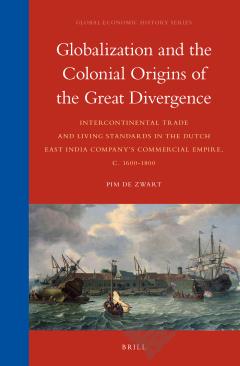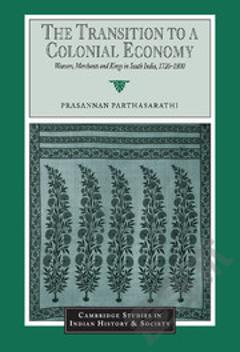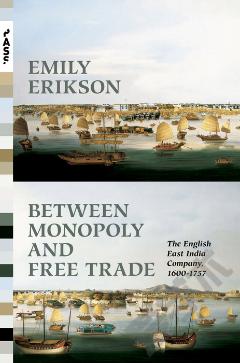Globalization and the Colonial Origins of the Great Divergence —— Intercontinental Trade and Living Standards in the Dutch East India Company’s Commercial Empire, c. 1600-1800
----- 全球化和大分化的殖民起源:荷兰东印度公司的商业帝国的洲际贸易和生活水平,C.1600-1800
This dissertation is about the link between global trade and economic development in the early modern period. Newly gathered price data on the Dutch-Asiatic trade suggests that commodity markets in Europe and Asia became more integrated over the seventeenth and eighteenth centuries. This market integration was made possible by reductions in transport cost and increased maritime competition, but was significantly affected by differences in the VOCs ability to control commodity markets. Where commodities were traded between competitive markets, price convergence took place. In many of the purchasing markets, prices were not (only) determined by supply and demand, but were set by long-term contracts or influenced by the VOCs complete control over production and trade. In order to investigate the consequences of this âglobalizationâ, new demographic, wage and price data were gathered in the VOC archives for different colonies around the Indian Ocean: Bengal, the Cape Colony, Ceylon and Java. These data suggest that living standards, as measured by real wages, were significantly below the levels in England and the Dutch Republic, but on similar levels as other parts of Asia and the lagging parts of Europe. The developments in living standards in these areas were partly determined by local conditions and partly by global developments. Demography, agricultural productivity and systems of labour coercion significantly influenced the developments in real wages. The rise in global trade may have led to increased monetization and commercialization in these societies. But the effects of globalization, and the related colonialism, were heterogeneous and could differ across and between regions, as well as between different population groups. While some peoples could have benefitted from larger global demand and employment opportunities, others suffered from increased labour coercion. It is concluded that colonialism and globalization affected patterns of economic development across the globe and thus played an important role in the rise in economic inequality between the âWestâ and the âRestâ, or Great Divergence, in the early modern period.
{{comment.content}}








 京公网安备 11010802027623号
京公网安备 11010802027623号